Our lives are so full of modern conveniences like turning on a light switch or buying produce at the grocery store, that it’s easy to become disconnected from the process that allows us to reap these benefits. The same is true about our water supply. When we turn on the kitchen faucet, take a shower, or wash our laundry, how often do we stop to consider where the water is coming from, or how much energy is required in getting it from the source to the faucet?
Water waste is an unintentional side effect of overconsumption and complacency, and without taking the necessary steps toward large-scale water conservation, those conveniences that we’ve come to rely on may not be available to future generations.
What is Water Conservation?
Water conservation is a coordinated effort to reduce unnecessary water usage in our day-to-day lives, and in turn, it helps to lower carbon emissions. This is because water conservation and energy conservation go hand in hand. Every time you turn on a tap, that water had to be pumped from its source (in Florida, this typically means the aquifer) to a water treatment plant, purified, and then transported through a distribution system. All of this requires a significant amount of energy, which is primarily produced from fossil fuels.
According to the EPA, “drinking water and wastewater systems account for approximately two percent of energy use in the United States, adding over 45 million tons of greenhouse gases annually.”
Although making small changes might not seem to have an obvious impact, every effort within the collective population helps to reduce that number of harmful emissions. In addition, making a conscious effort to conserve can also translate to cost savings on energy and water bills.
Why Does Water Conservation Matter?
It’s estimated that only about three percent of the Earth’s water is fresh, and less than one percent of that freshwater is accessible for use (and not in the atmosphere, in glaciers, or deep underground). Using water more efficiently has a ripple effect: it helps prevent water shortages and droughts that also negatively affect wildlife habitats. In addition, an ever-increasing population leads to increased water usage, adding more strain on the aquifer.
Although we’ve become so accustomed to having water access at our fingertips, it’s easy to forget that our fresh water supply is not unlimited. In fact, according to the Florida DEP’s annual status report, it’s projected that Florida’s existing water supply will not be able to meet the growing needs of residents. Conservation is crucial to prevent future water shortages.
What Activities Should Be Avoided?
In general, any unnecessary water usage — whether that’s excessively washing your car or overwatering your lawn — should be avoided. If you must water your lawn, this should be done in the morning or the evening when less water is likely to evaporate.
Some other common water wasting activities to avoid are washing your laundry or running the dishwasher when it’s not full, taking baths instead of showers, or letting the water run while you’re washing dishes (let them soak in the sink instead). The toilet is a major water consumer, so avoid using it as a trash can (that means don’t blow your nose and toss the tissues in the toilet when they should go into the bin).
If you have a pool, not using a pool cover or leaving a heater on high can cause water to evaporate more quickly, and in turn requires frequent replenishing.
What Can Be Done to Conserve Water?
The good news is there are many easy steps you can take around the home to conserve water that take very little time or effort. In the bathroom, turn off the tap when brushing your teeth, lathering your hair, or shaving. In the kitchen, scrape food scraps from plates into the garbage or compost bin instead of running the garbage disposal. Outdoors, use a broom to remove leaves and debris to avoid using the garden hose.
According to the EPA, in the U.S. alone, an estimated one trillion (yes, trillion!) gallons of water are wasted annually because of leaky pipes. To encourage people to check their faucets for leaks at least once a year, the EPA promotes the “Fix a Leak Week” every March with demonstrations and educational events. Many leaks can be easily fixed as a DIY project with common household items, but more difficult repairs may require a professional.
Installing energy and water efficient appliances like HE washing machines, water-saving dishwashers, low-flow sprinkler heads, toilets, and shower heads are a once-and-done type of change that will automatically regulate the water flow. These devices are designed to prevent water waste, while still providing an ample flow for the necessary task.
To mitigate costs of making your home more water and energy efficient, several rebate programs are available. Look for the EPA WaterSense label to find water-saving home products that meet industry requirements.
Small changes like turning the shower water off while you’re lathering your hair or making sure the laundry is on the right setting can help save money on water bills, but it can also help protect our valuable resources as Florida’s population continues to grow.
If you’re not sure where to start, several online tools like the Water Footprint Calculator can factor in your overall water usage to help you target areas for conservation. In addition, the EPA has helpful guidance to get you started on your water conservation journey.

